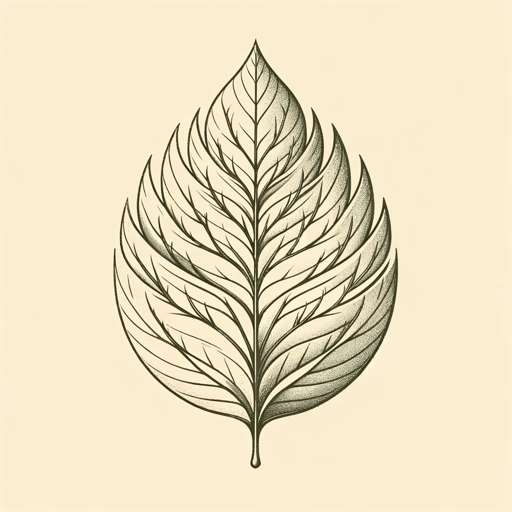44 pages • 1 hour read
Katherine MayWintering: The Power of Rest and Retreat in Difficult Times
Nonfiction | Autobiography / Memoir | Adult | Published in 2020A modern alternative to SparkNotes and CliffsNotes, SuperSummary offers high-quality Study Guides with detailed chapter summaries and analysis of major themes, characters, and more.
Chapter 6-EpilogueChapter Summaries & Analyses
Chapter 6 Summary: “March”
Survival
May deplores Aesop’s fable of the ant and the grasshopper, in which the former works all summer gathering supplies for winter, while the latter merely sings. Then, in wintertime, the ant is smug about its stores of plenty while it taunts the grasshopper for its idleness and allows it to starve. May always thought the ant had missed the chance to exchange a portion of its grain for the grasshopper’s summer music. However, as an adult, May knows that grasshoppers do not winter, only surviving through their eggs. She considers that, over time, the grasshopper has been anthropomorphized as “the universal vagrant,” the specificities of its character changing with the decades (225). In contrast, the ants are reliable, hardworking citizens who look after their own. May does not think that the ant and grasshopper metaphors can be so clear cut when it comes to humanity, as individuals all experience ant and grasshopper years—years of saving up reserves and ones when we fall through the net.
May’s writing studio is close to a beehive. Bees are eusocial insects which function as a single organism, rather than as individuals. May tests how far the metaphor of a bee colony can be applied to humanity and decides that it works as far as cells of a human body go.

